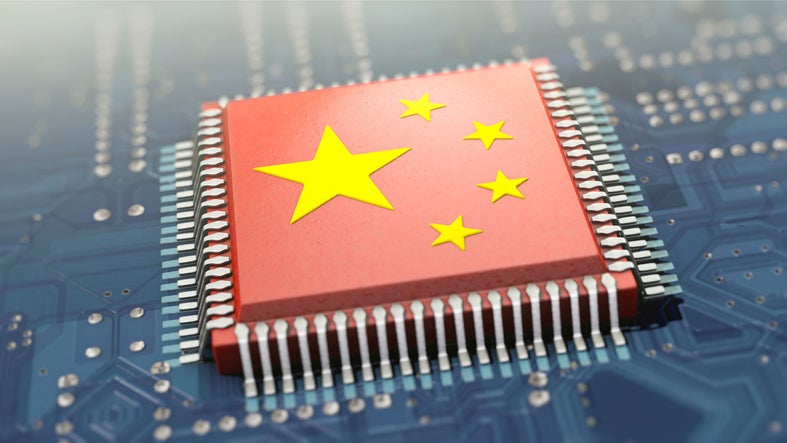
China will redouble its effort to develop emerging technologies, including quantum computing and AI, according to a government report.
According to the report, the country will ramp up several big science and technology programs to meet significant strategic and industrial development goals.
“We will fully leverage the strengths of the new system for mobilising resources nationwide to raise China’s capacity for innovation across the board.” the report said.
The US Commerce Department issued restrictions in 2022, which clamped down on exporting advanced chips to Chinese companies, including those with military or AI applications.
Chinese chipmakers have made it a priority to find domestic alternatives for critical US-imported tech.
In 2022, China consumed around 40% of all chips made globally while being only 12% self-sufficient, according to research firm GlobalData.
How well do you really know your competitors?
Access the most comprehensive Company Profiles on the market, powered by GlobalData. Save hours of research. Gain competitive edge.

Thank you!
Your download email will arrive shortly
Not ready to buy yet? Download a free sample
We are confident about the unique quality of our Company Profiles. However, we want you to make the most beneficial decision for your business, so we offer a free sample that you can download by submitting the below form
By GlobalDataThe Semiconductor Industry Association and Boston Consulting Group predicted the semiconductor industry will double in size to more than $1trn by 2030, and China will account for approximately 60% of that growth.
China has been making recent strides in catching up with the US in quantum computing.
In 2024, the two countries stand almost neck-and-neck, albeit with very different strategies, according to GlobalData’s Thematic Research: Quantum Computing 2024 report.
Private companies lead the way in the US; in China, expertise is increasingly concentrated within state institutions.
Alibaba and Baidu have notably withdrawn from the market, dedicating state-of-the-art equipment to China’s national institutions.
The value of quantum computing deals in China peaked in 2022, according to GlobalData’s deal database.
In 2022, the value of quantum computing deals in the country totalled $217m, a significant increase over the previous four years.
In 2023, the value of quantum computing deals dropped in China to $128m.
The announcement from China comes as the UK also looks to boost its quantum computing sector.
Science Minister Andrew Griffith announced a £45m investment in February in the country's quantum computing sector to establish the UK as a quantum-enabled economy by 2033.
The funds will be used to harness quantum technology's potential in sectors such as healthcare, energy, and transport.
A substantial portion of the investment (£30m) will be dedicated to developing and delivering prototype quantum computers. These computers will provide scientists and engineers with controlled environments for experimentation.







